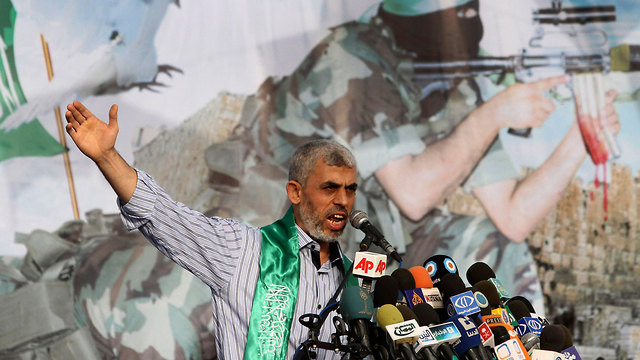Bahrain conference has a real focus on Shia Iran, greater Arab ties with Israel.
Why is Bahrain Hosting the Mideast Peace Conference?
The road to curbing Iranian ambitions, according to Bahrain, passes through Tel Aviv. Rabbi Marc Schneier, King Hamad’s interfaith adviser, quoted the king as saying in 2016 that “Our only hope for a strong, moderate Arab voice in the Gulf is a strong Israel.” In February of this year, during the Warsaw Conference, Bahrain’s Foreign Minister Khalid Bin Ahmed Al-Khalifa stated that confronting “the Iranian threat” was more important than dealing with the Israel-Palestine issue.
Manama’s willingness to partake in the US-sponsored conference also serves domestic and regional interests that center on countering Iranian ambitions in the Gulf and across the Middle East; and it is this specific geopolitical motive that provides further context to Israeli officials’ invitation to the summit. Recent Bahraini overtures to Israel, which follow unofficial contacts dating back to the mid-90s, include statements of support for Israel’s military actions in Syria against Shia strongholds.
Why is Bahrain Hosting the Mideast Peace Conference?
The road to curbing Iranian ambitions, according to Bahrain, passes through Tel Aviv. Rabbi Marc Schneier, King Hamad’s interfaith adviser, quoted the king as saying in 2016 that “Our only hope for a strong, moderate Arab voice in the Gulf is a strong Israel.” In February of this year, during the Warsaw Conference, Bahrain’s Foreign Minister Khalid Bin Ahmed Al-Khalifa stated that confronting “the Iranian threat” was more important than dealing with the Israel-Palestine issue.
Manama’s willingness to partake in the US-sponsored conference also serves domestic and regional interests that center on countering Iranian ambitions in the Gulf and across the Middle East; and it is this specific geopolitical motive that provides further context to Israeli officials’ invitation to the summit. Recent Bahraini overtures to Israel, which follow unofficial contacts dating back to the mid-90s, include statements of support for Israel’s military actions in Syria against Shia strongholds.











